Click here for the program
Masters of Ceremonies
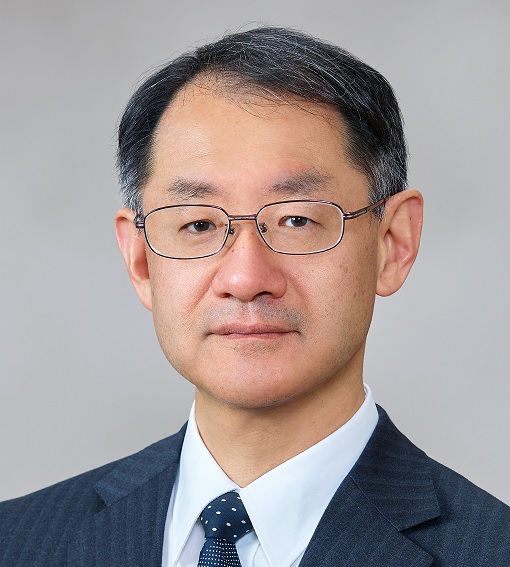
Mamoru Mitsuishi
Professor, Graduate School of Engineering
The University of Tokyo
Prof. Mamoru Mitsuishi graduated from the University of Tokyo in 1979 with a Bachelor of Science in Physics. Following this, he earned a second bachelor’s degree in Mechanical Engineering in 1981. He received his Master’s and doctorate degrees in 1983 and 1986, respectively from the University of Tokyo, after which he joined what is now the university's School of Engineering as an academic staff. He became a professor in 1999. Prof. Mitsuishi was the Dean of the School of Engineering from 2014 to 2017 and between 2017 and 2021, he was appointed as an Executive Director and Vice President of the University of Tokyo. His areas of interest are biomedical robotics, and manufacturing systems. He is a member of various internationally renowned societies, such as the International Academy for Production Engineering (CIRP), where he is a fellow and its president from 2019 to 2021, and the IEEE Robotics and Automation Society.
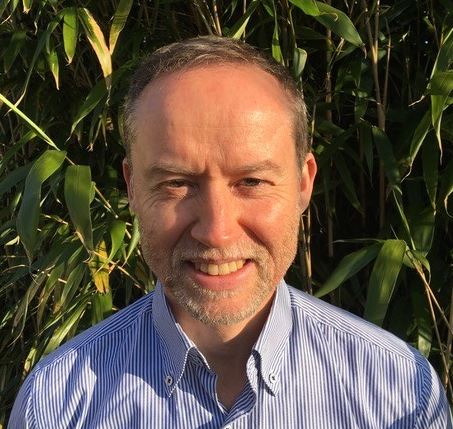
Michael Handford
Professor, Centre for Language and Communication Research, Cardiff University
Advisor to the University of Tokyo on Internationalisation
Michael Handford (PhD) is Professor of Applied Linguistics at Cardiff University, and Adviser to the University of Tokyo on internationalisation. He has published on discourse in professional settings, stereotyping and cultural identities at work, engineering education and communication, and internationalisation in higher education. From 2004-2015 he worked at the University of Tokyo, where he was Professor of International Education.
Speakers
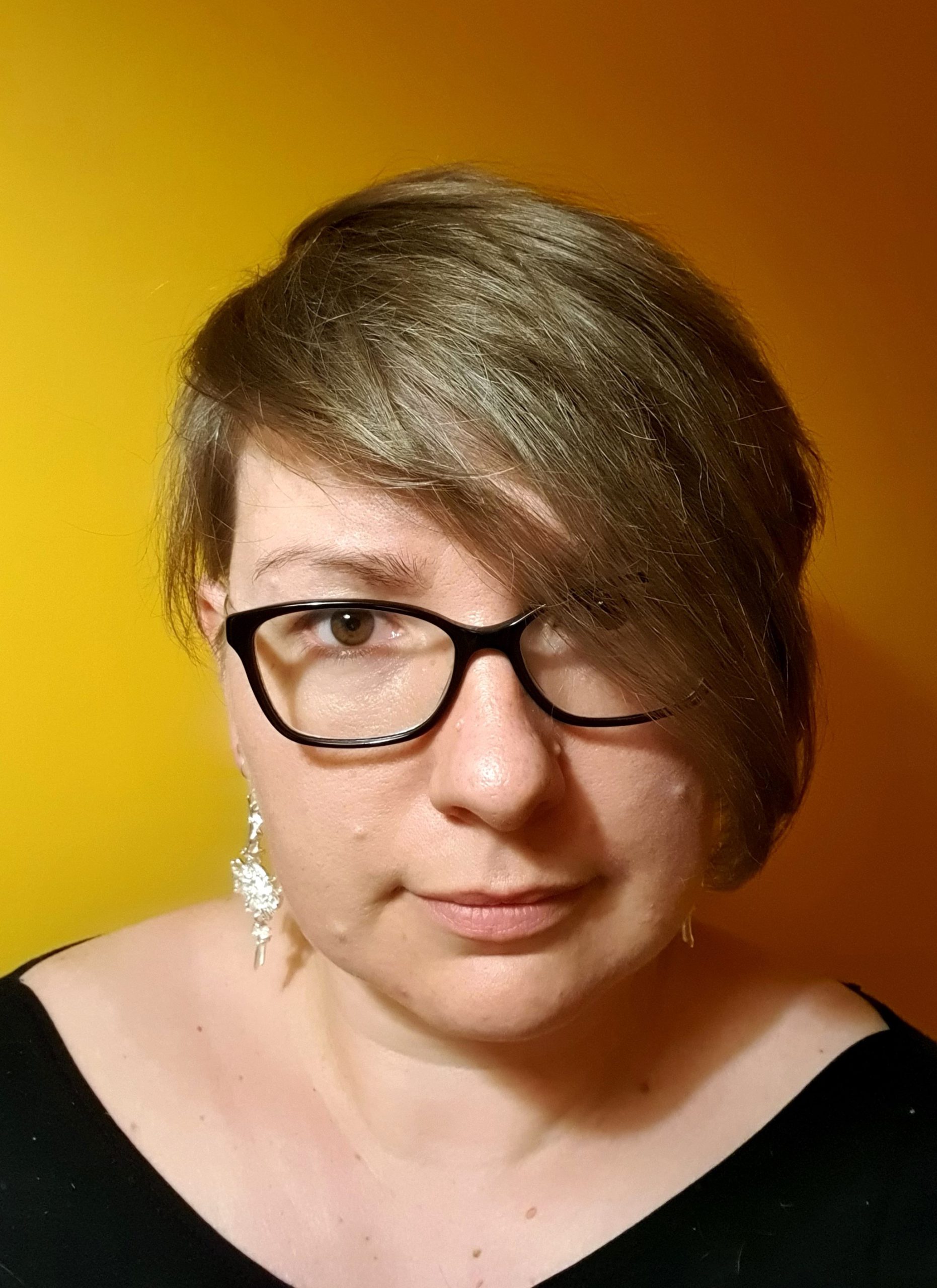
Agnieszka Iwasiewicz-Wabnig
Director of Partnership Development, Maxwell Centre
University of Cambridge
Dr Agnieszka (Aga) Iwasiewicz-Wabnig FRSA is a physicist by training. She carried out research and teaching in interdisciplinary nanoscience at Umeå University in Sweden, as well as at Oxford and Cambridge in the UK. Since 2009 she has held a range of roles at the University of Cambridge, unified by their super-connector and knowledge broker aspects. Aga is currently the Director of Partnership Development at the Maxwell Centre and Industrial Strategy Lead for the Cambridge Zero initiative, as well as a Fellow of Hughes Hall and a Cambridge Enterprise Champion.
Aga drives knowledge exchange between academia and industry through the University’s Maxwell Centre, leading a programme of engagements across physical sciences, technology and beyond. This involves matching of needs and solutions between partners and disciplines, showcasing the current work of academic groups, and enabling companies to spend time building meaningful relationships with academics around research.
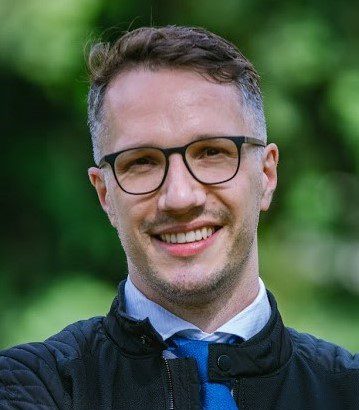
Michael Facius
Associate Professor, Tokyo College
The University of Tokyo
Michael studies Japan from the angle of global history, the history of knowledge and the history of translation. He is the author of Translating China: Globalization and Chinese Knowledge in 19th-century Japan (2017, in German). In his current role, he coordinates research, teaching, outreach and networking activities at Tokyo College. He held a British Academy Newton International Fellowship at University College London and was the coordinator of the Graduate School Global Intellectual History at Freie Universität Berlin.
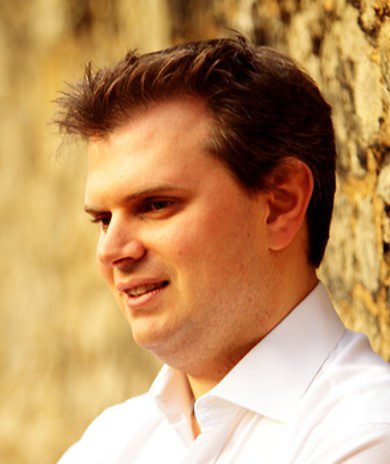
Tomas Coates Ulrichsen
Director, the University Commercialisation and Innovation (UCI) Policy Evidence Unit, Institute for Manufacturing
University of Cambridge
Tomas is the Director of the University Commercialisation and Innovation Policy Evidence Unit (UCI) at the University of Cambridge. He established the unit to support governments, funders, and universities in delivering a step change in the contributions universities make to innovation and economic prosperity - nationally and locally - through their commercialisation and other innovation-focused activities and partnerships. Projects at UCI will draw on the latest insights from both academia and practice, as well as learning from experiences in the UK and internationally.
Tomas is an expert adviser to governments and funding agencies on knowledge exchange and has helped to assemble a robust evidence base on the focus and value of key funding programmes in this area. Prior to setting up UCI, he was a researcher at the Centre for Science, Technology and Innovation Policy at the University of Cambridge. He was previously an Assistant Director of a leading UK economic development consultancy, Public and Corporate Economic Consultants (PACEC) where he directed and managed a range of strategic development and evaluation projects for public policy clients in the area of knowledge exchange, innovation and regional economic development.
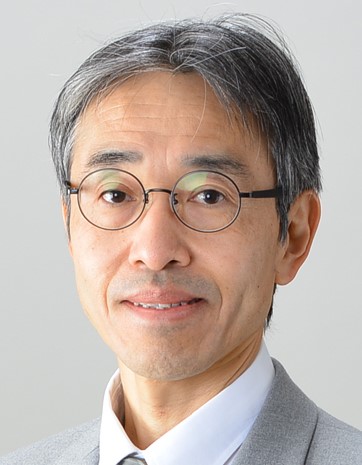
Hideaki Kuzuoka
Professor, Graduate School of Information Science and Technology,
The University of Tokyo
He received Ph.D. degrees from The University of Tokyo in 1992. Prior to joining the University of Tokyo, he was a professor at University of Tsukuba. From 1997 to 1998, he visited University of Calgary as a visiting researcher and collaborated with Dr. Saul Greenberg. His main research field is CSCW (Computer Supported Cooperative Work) and VR (Virtual Reality). He has been working on remote assistance using video mediated communication technologies, telepresence robots, and VR. He is especially interested in understanding the roles of verbal and non-verbal expressions when people are collaborating around physical objects. For this purpose, he has been working with researchers in social science, cognitive science, and educational technology. Based on the understandings, he has been developing technologies that enables collaborative physical tasks over the distance.
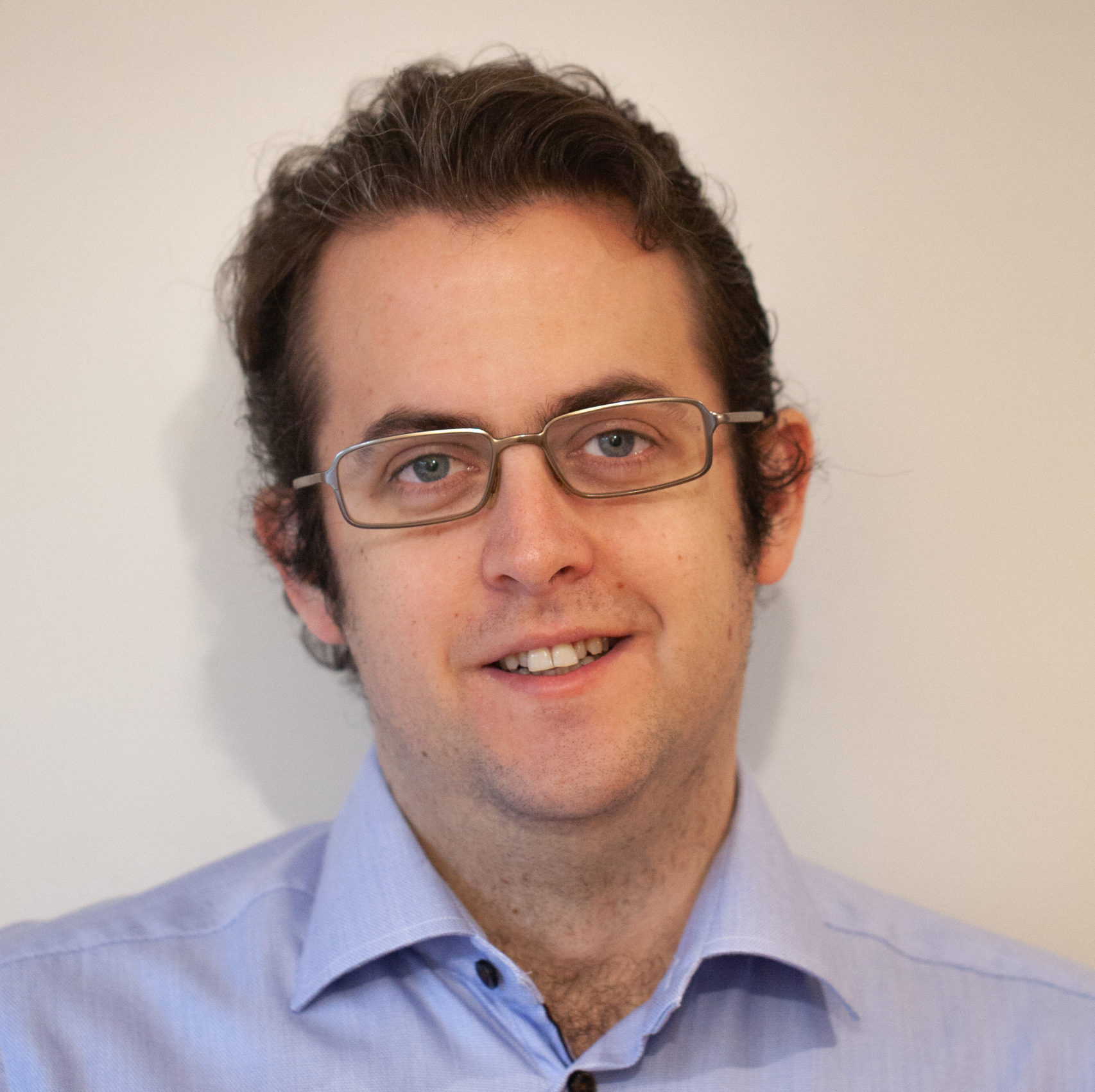
Luke Church
Department of Computer Science and Technology
University of Cambridge
Luke Church is a researcher at the University of Cambridge. He studies how to improve the experience that people have when dealing with complex systems, primarily via the design and construction of new programming languages. His recent work has applied this interest to the design of socio-technical interventions. He is the co-founder (with Sharath Srinivasan from the Department of Politics and International Studies) of Katikati, and was previously the Director of Programmes and Innovation at Africa's Voices Foundation, a spin out of the university based in Nairobi, Kenya.
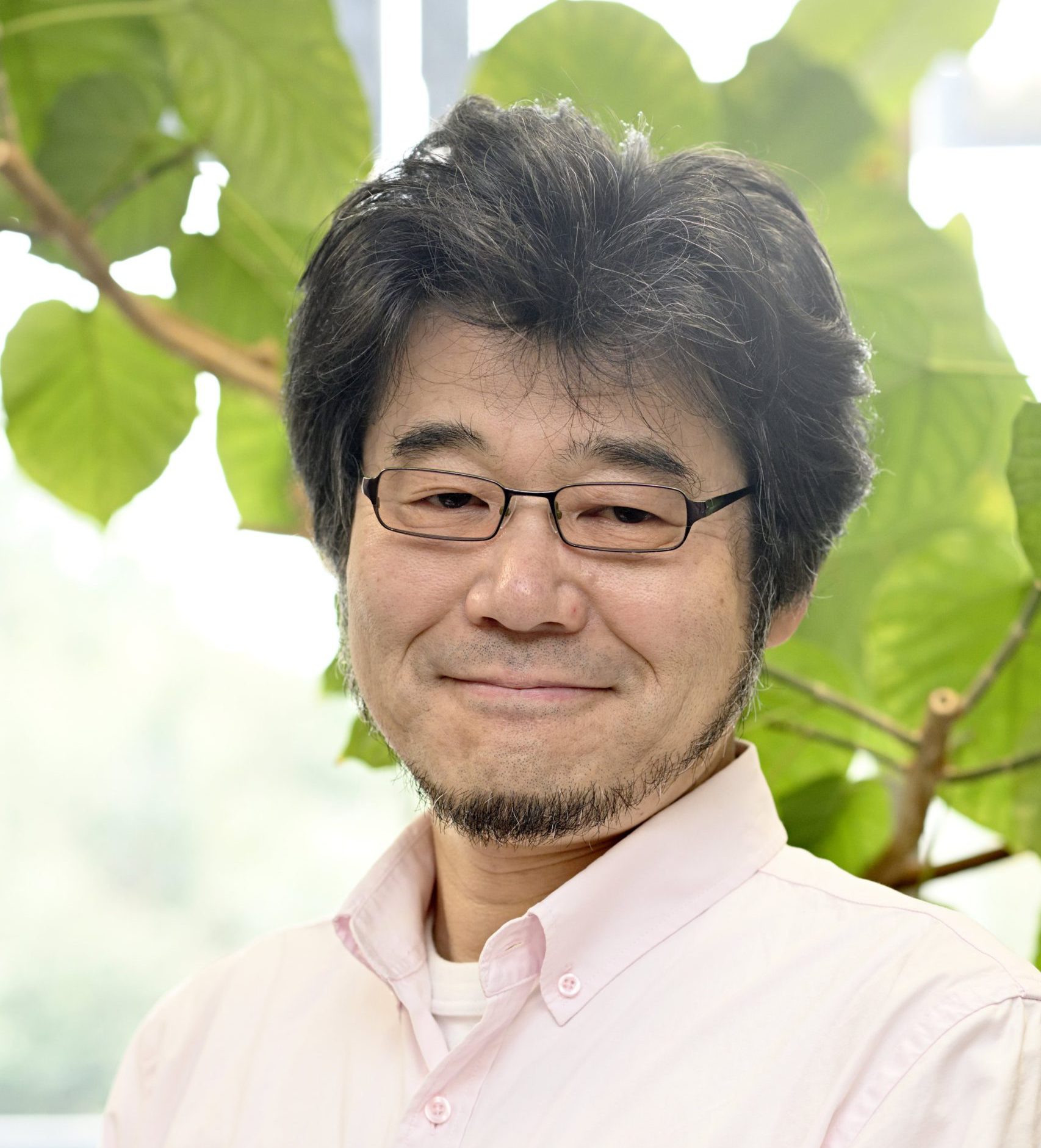
Shigeo Maruyama
Distinguished professor, Department of Mechanical Engineering, School of Engineering
Collaborative Research Organization for Micro and Nano Multifunctional Devices,
The University of Tokyo
Shigeo Maruyama, FRSC, received his Ph.D. from the University of Tokyo in 1988. Since 2014, he has been a distinguished professor at Department of Mechanical Engineering, School of Engineering at the University of Tokyo. He also serves as Director of Collaborative Research Organization for Micro and Nano Multifunctional Devices of the University of Tokyo. His research interests include nanoscale thermal engineering, molecular dynamics simulations, carbon nanotubes, graphene, 1D hetero structures, and solar cell applications. He developed the alcohol catalytic chemical vapor deposition (ACCVD) process for the synthesis of single-walled carbon nanotubes (SWCNTs). More recently, he has synthesized a new coaxial nanotube structure, in which mono- or few-layer hexagonal boron nitride nanotube (BNNT) seamlessly wrapped around a SWCNT. He further developed the 1D coating CVD of transition metal dichalcogenide nanotubes. He served as the president of “The Fullerenes, Nanotubes and Graphene Research Society” during 2011-2020 and is the co-chair of the steering committee of International Conference on Science and Application of Nanotubes and Low-Dimensional Materials” (NT).
